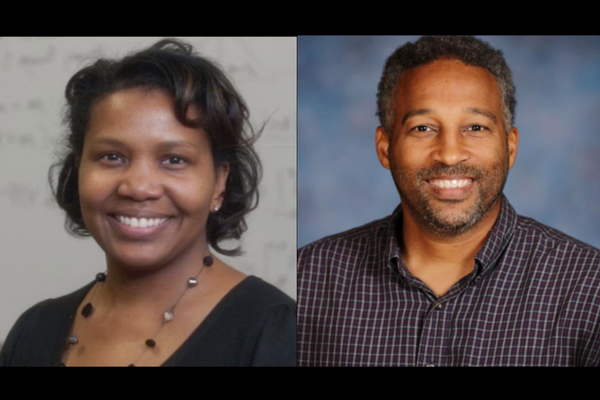
Zara Khademi fled Afghanistan in the late 1990s when the Taliban attacked the capital of Kabul.
“They were looking for the Hazara people,” she says. “My daughter was four and my son was 18 months. We had to walk through the mountains at night until we reached the (Iranian) border.”
After living in Iran for three years, Khademi arrived in Australia in 2001, initially settling in Sydney before moving to Shepparton in Victoria’s north-east in 2008.
And while she left her homeland more than 20 years ago, the situation in Afghanistan, particularly for women and minority groups including the Hazara people, hasn’t changed. If anything, it continues to worsen.
In February, Khademi co-founded the Goulburn Valley Afghan Women’s Association Shepparton, a space for the region’s Afghan women to have a voice, support each other, and encourage younger people to take on leadership roles.
Greater Shepparton has the highest Afghan population in regional Victoria, with 1,144 Afghans calling the town home as of 2021. The community has been growing since about 2005 when many arrived to work on the region’s fruit farms.
Working in educational support and as a multicultural aid, Khademi says it’s important for the association to inspire Afghan girls to “really celebrate their achievements”.
“They’re not allowed to study in Afghanistan so we need to build their hopes, build them to a place where they can reach whatever they want.
“For the past 100 years the Hazara people have been pushed back from education and society but now they are in a place where they can reach freedom. We can be a role model for our younger generation.”
On Friday, International Women’s Day (IWD), the association will rally with national refugee support groups Rural Australians for Refugees (RAR), Women for Change and volunteer network Azadi-e Zan, to launch a 12-month campaign raising awareness about the persecution faced by women and girls in Afghanistan.
The campaign aims to spotlight the increasing oppression, and the escalating reports of ill-treatment, arrests and detention since the Taliban’s return to power in 2021.
Mansfield’s Hamida Samar arrived in Australia almost one year ago on a humanitarian visa. She says RAR, which sponsored her visa, “saved my life”.
The 26-year-old worked as a police officer and for the Ministry of Defence. After the Taliban returned, she lived in fear of being kidnapped, raped or imprisoned.
“The situation is always getting worse and worse,” Samar says. “The best way is to leave Afghanistan.
“Please don’t forget us. Don’t turn your back on us. Australian people are our last hope.”
The new association plans to establish Australia’s first Afghan-founded RAR group. Most of these groups are founded by white Australians.
“There are other groups in Shepparton that look at welfare and wellbeing, but RAR takes on a more political role which is more appropriate for us and we also want to be able to network with the other RAR groups in our geographic area,” the association’s co-founder, Rabya Jamshaid, says. “We think that’s important.”
RAR Afghan subcommittee convener, Marie Sellstrom, says the regions have much to gain from the leadership of newly arrived migrants and the exchange of cultural practices and experiences.
“We support and work with many different ethnic communities, but this then becomes a group who is showing leadership and hopefully it will prompt more people to join.
“Mansfield is quite monocultural, but the two Afghan families have made such a difference to our community. It’s been fascinating.”
Former president of the Australian Human Rights Commission, Gillian Triggs, congratulated the association for its “leadership and support”.
Australia’s 2023-24 humanitarian program will accept 20,000 refugees. The situation in Afghanistan, particularly regarding the Hazaras, Shia community, women and children, has been identified as a priority.







